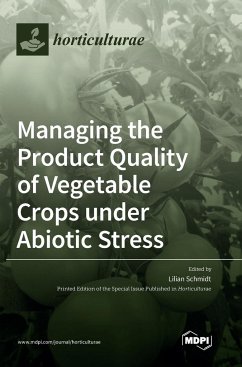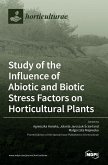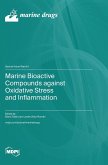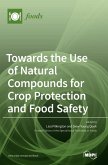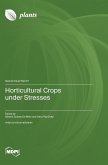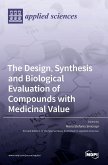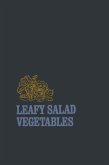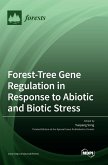Vegetables are an important part of the human diet due to their nutrient density and, at the same time, low calorie content. Producers of vegetable crops mainly aim at achieving high yields with good external quality. However, there is an increasing demand of consumers for vegetables that provide good sensory properties and are rich in secondary compounds that can be valuable for human health. Sub- or supra-optimal abiotic conditions, like high temperatures, drought, excess light, salinity or nutrient deficiency, may alter the composition of vegetable crops and at the same time, result in yield loss. Thus, producers need to adapt their horticultural practices such as through the choice of variety, irrigation regime, light management, fruit thinning, or fertilizer application to improve the yield and quality of the vegetable product. In the future, altered climate conditions such as elevated atmospheric CO2 concentrations, rising temperatures, or altered precipitation patterns may become additional challenges for producers of vegetable crops, especially those that cultivate in the open field. This raises the need for optimized horticultural practices in order to minimize abiotic stresses. As well, specific storage conditions can have large impacts on the quality of vegetables. This Special Issue compiles research that deals with the optimization of vegetable product quality (e.g. sensory aspects, composition) under sub- or supra-optimal abiotic conditions.

